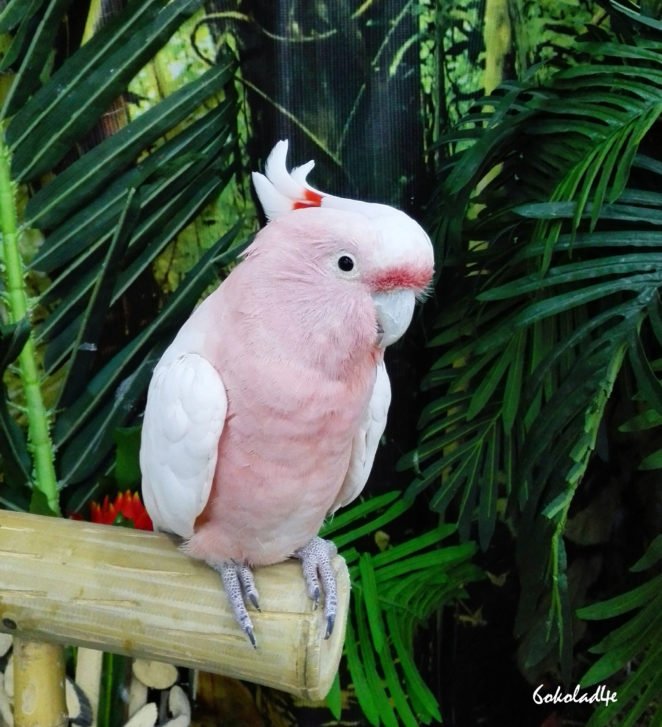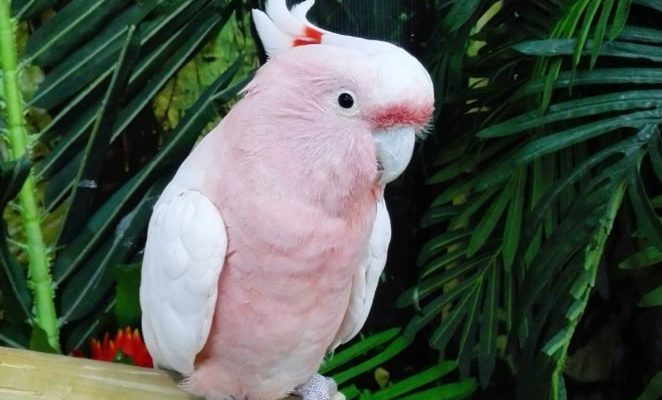
Let me break it down for you over a cup of coffee. Imagine you’re considering a beautiful macaw or a charming cockatiel. Do you know if you can legally own them where you live? The last thing you want is a surprise visit from local authorities because you didn’t check. Not only would that be embarrassing, but it could also lead to hefty fines or the loss of your beloved bird. So, let’s delve into the legal landscape of parrot ownership and what you need to know before making a commitment.
Understanding Parrot Species and Their Legal Status
Not all parrots are created equal in the eyes of the law. Different species have varying levels of legality depending on where you live. For instance, common pet parrots like budgerigars (or budgies) and cockatiels are generally easy to own in many countries. On the other hand, larger and more exotic species, such as macaws and African grey parrots, may have restrictions.
In the U.S., the legality of owning a parrot often depends on Endangered Species Act regulations. Some parrots are classified as endangered or threatened, making them illegal to own without a special permit. This is primarily to protect these beautiful birds from extinction. Each state also has its own set of laws that can further complicate things. For example, California has very strict regulations, while Florida is generally more lenient.
You might be wondering how to find out what’s allowed in your state. A good starting point is your local wildlife agency or the U.S. Fish and Wildlife Service. They can provide you with specific information on which species are legal and what documentation you may need.
The Role of Licenses and Permits
When it comes to owning certain parrot species, licenses and permits can play a huge role. In many cases, if you’re set on a less common parrot, you may need to apply for a special permit. This usually involves demonstrating that you can provide a suitable environment and care for the bird.
The CITES (Convention on International Trade in Endangered Species) treaty also regulates international trade of specific parrot species. If you’re considering adopting a parrot that might be covered under CITES, you’ll need to ensure that it has the proper documentation. This keeps those amazing birds safe from over-exploitation and illegal trade.
Many states also have their licensing requirements. For example, in some areas, owning larger parrots requires a specific permit due to their size and care needs. You’ll want to check local regulations so you’re not caught off guard.
The Impact of Local Ordinances
It’s crucial to remember that even if a species is legal at the federal level, local laws can still impose restrictions. Some neighborhoods or homeowners’ associations (HOAs) might have rules against owning any birds at all, while others could have specific limitations on the type or size of the bird you can keep.
Before you bring a parrot home, check with your local city or county laws. You’d be surprised how different rules can be just a few blocks away! For instance, if you live in an urban area, noise complaints can become a major issue with loud birds, and you might find your feathered friend isn’t welcome.
Call your city’s zoning office or check their website for pet ordinances. It’s always a good idea to cover your bases before making a commitment!
Ethics and Responsibility in Parrot Ownership
Owning a parrot is not just a legal commitment; it’s also an ethical one. These vibrant creatures need proper care, socialization, and mental stimulation to thrive. Here’s the thing: parrots can live for decades, with some species reaching 50 years or more! That’s a long-term commitment that should not be taken lightly.
A responsible owner must ensure they can provide an enriched environment. This means not just keeping them in a suitable cage, but also giving them space to fly, play, and interact with you and other pets. When considering a parrot, think about whether you’ll have the time and resources for their care.
Additionally, a big part of being a responsible parrot owner is ensuring that your bird is not contributing to the extinction of wildlife. By understanding which species are legal to own and which ones aren’t, you’re playing a role in the protection of our planet’s biodiversity.
Finding Legal Parrots for Adoption
So, where do you find a parrot that’s legal to adopt? There are several avenues you can explore. Reputable breeders and rescue organizations often ensure that their birds come with the correct documentation and health checks. It’s best to opt for facilities with a good reputation, as they prioritize the wellbeing of their birds.
You might also look into avian-specific rescues or animal shelters. Many parrots end up in shelters due to circumstances beyond their owners’ control. These organizations often have a variety of species available. Adopting can be a beautiful thing, giving a second chance to a bird that needs a loving home.
When adopting or buying, always ask questions about the bird’s background, health, and legality. A good seller will have no problem showing you proper paperwork and answering your concerns.
Navigating the legal landscape of parrot ownership can be complex, but it’s worth every bit of effort to ensure that you’re making a responsible choice. By understanding which parrots are legal to own and complying with local and federal regulations, you’re setting yourself and your future feathered friend up for success.
Remember, the goal is to create a loving home where your parrot can thrive. The joy, companionship, and excitement these birds bring into our lives are immeasurable—let’s make sure we do it the right way. So, take your time, do your research, and enjoy the journey of finding the perfect parrot for your life!

